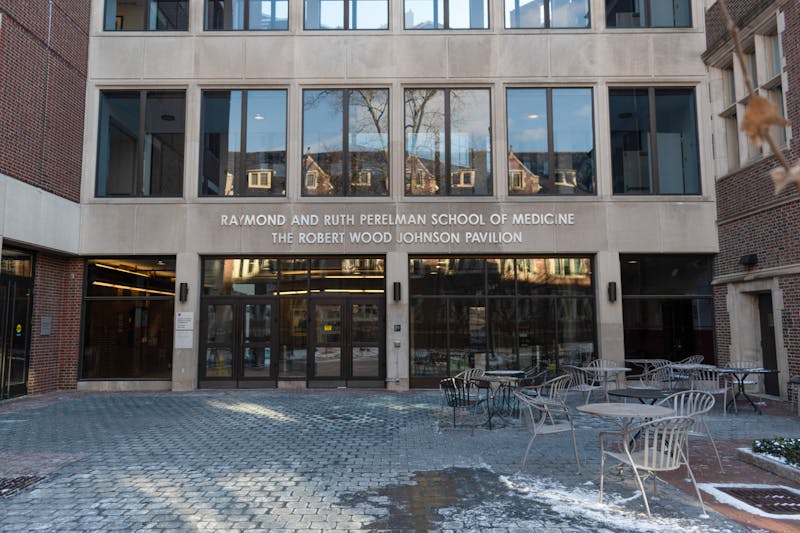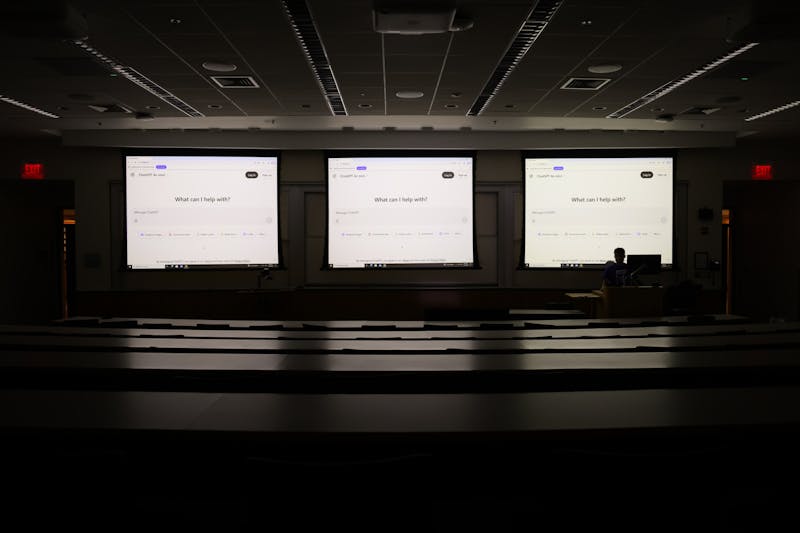Soldiers on the front lines of war are not the only ones affected by it.
In celebration of International Women’s Day, several organizations together hosted a panel called Women, War and Peace at International House Philadelphia. Moderated by Raili Roy, assistant director of the South Asia Center, the panel focused on women’s issues in post-conflict, peace building efforts in several war-torn nations.
The event was organized in consortium with Peace Day Philly, the United Nations Association of Philadelphia, the Penn Women’s Center, International House and several cultural centers on Penn’s campus. It was also conducted as part of the “One Book, One Philadelphia” program, an annual promotion by the Free Library of Philadelphia. A performance by the Anna Crusis Women’s Choir, the longest standing feminist choir in the country, preceded the event.
Yasmin Saikia, the chair in peace studies at Arizona State University, brought her experiences from interviewing stateless camp dwellers in Bangladesh, India and Pakistan to the panel. Saikia, mistaken for a journalist, was led to one of these camps during the beginning of her time in Bangladesh, which provided its residents the opportunity to tell their stories.
“I thought I was going to do research on something that connects India, Pakistan and Bangladesh, but I really didn’t know how to move beyond the maps we had been given,” Saikia said of the beginning of her studies.
Her research at the camp resulted in uncovering women’s personal histories with sexual violence. “There were women telling me that war had transformed their lives,” she said. “War had turned them from human beings into subjects.”
Matiangai Sirleaf, a fellow in international law at the Law School, recently returned to Liberia where she had experienced civil war as a young girl. Sirleaf took her research beyond Liberia to south and west Africa, particularly Sierra Leone.
Sirleaf struggled with the realities of the women in post-war Sierra Leone, many of whom were victims of sexual violence and economic stagnation.
“What I seek to do in my work is ... [talk] to [people] about their own experiences,” Sirleaf said about her research. She clarified that she sought information on the effectiveness of institutions meant to support the victims, legally and otherwise.
Marianne Elias, the senior program officer for international programs at the American Friends Service Committee, focused on her expertise in peace education with the Quaker-based institution. The AFSC seeks to obtain “lasting peace and justice in worldwide communities,” Elias said.
During her time in the Middle East, Saikia was told that sexual violence was “a Western topic of discussion” and therefore irrelevant. Originally a medieval historian, she has now been moved to continue speaking about her interviews with victims.
“Every time I get an invitation - it doesn’t matter how big or small that organization is - I accept that invitation despite all my other duties and responsibilities because I think I owe it to the women and the men who suffered this war, who fought this war, who were victimized in this war - and who survived this war and had the courage to tell me their stories.”
The Daily Pennsylvanian is an independent, student-run newspaper. Please consider making a donation to support the coverage that shapes the University. Your generosity ensures a future of strong journalism at Penn.
DonatePlease note All comments are eligible for publication in The Daily Pennsylvanian.







